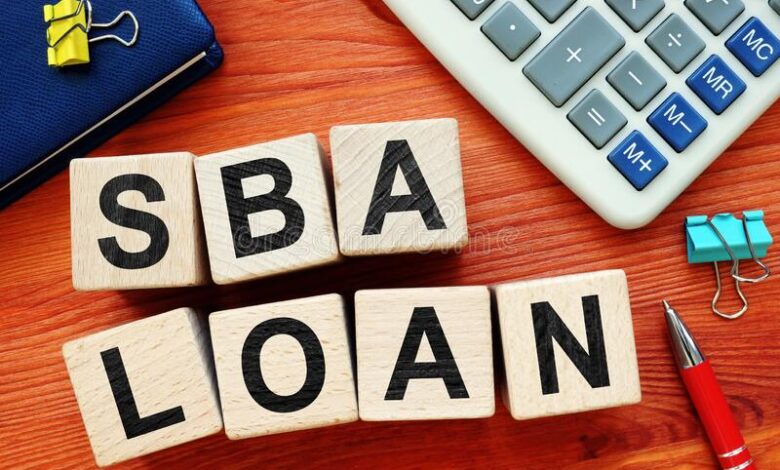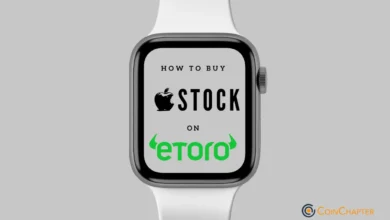What and How to Qualify for SBA?

Small Business Administration loans (SBA) are common among many business people because of their high loan amounts, low-interest rates, and flexible usability. However, the approval process can be more complex than the approval process for other loans.
SBA loan requirements differ depending on the loan borrowers get and where they get it from. Here is a guide on everything business people need to know before applying for a loan.
What Are SBA Loans?
When people borrow a Small business Administration loan, they get it from SBA-approved lenders, and their loans are guaranteed partially by the government. As per the experts at Lantern by SoFi, “The SBA itself does not lend money directly but does help reduce risk to lending partners.” This makes it easier for more business owners to qualify for accessing the loan.
There are different types of SBA loans people can borrow, including:
- SBA 7(a) loans- These are the most common type used for almost all business purposes. They have a $5 million loan minimum and a 25-year maximum term. The SBA guaranteed 70% of loans over $150,000 and 85% for loans up to $150,000. The rates for these loans are fixed.
- SBA 504/CDC loans- These are parts of a special loan program where the SBA collaborates with Certified Development Companies and private lenders to offer long-term loans up to $5.5 million. The interest rates are usually fixed but vary depending on the current market rate.
- Microloans- These are given via non-profit lenders, and borrowers can’t use them for real estate. They have a maximum amount of $50,000 and a six-year maximum term.
How to Qualify
General Requirements
Regardless of what loan borrowers want or their lender, they have to meet the following requirement:
- Business operations- The business must be legally operational and officially registered for-profit. It must also be in an eligible industry. Ineligible businesses include gambling, pyramid selling, real estate investing, stamps or rare coin dealers, religious, charitable, and non-profit organizations.
- Location- The business must have a physical, operational location in the United States.
- Investment- The borrower must have invested equity into the business like money or time.
- Need for financing- The borrower must show a reasonable plan on how they will use the money and must have tried getting financing from other places but failed.
- Business size- The Business must meet the SBA’s definition of a small business.
- Business character- The borrower should not be an offender of exiting government debt obligations. They should not be on parole, probation, or a defendant in a criminal proceeding.
Lender Requirements
While borrowers must meet the following requirements, lenders will also consider:
- How long they have been in business
- Personal financial history
- Personal and business credit score
- Business income
- Business plan
- Collateral
Required Documents
- Borrower Information Form 1919
- Statement of personal History form 912
- Personal financial statement or SBA form 413
- Unconditional guarantee SBA form 148
- Business financial statements like balance sheets. Income statements and cash flow projections
- Detailed collateral schedule
- Income tax returns
- Business lease
- Loan application history
- Business owners’ resume
- Business history and overview
Loan-Specific Requirements
According to Lantern by SoFi, each loan type has additional specific requirements:
- SBA 7(a)- Collateral of above $25,000 depending on the type (cap lines, community advantage, 7 (a) small loans, SBA express, or disaster assistance).
- SBA 504/CDC loans- A down payment of between 10% and 20% of the loan amount plus a personal guarantee.
- SBA microloans- Collateral and personal guarantee.
Before applying for Small Business Administration loans, borrowers should research each type and requirement. They should also shop around and compare lenders for the best deals.




